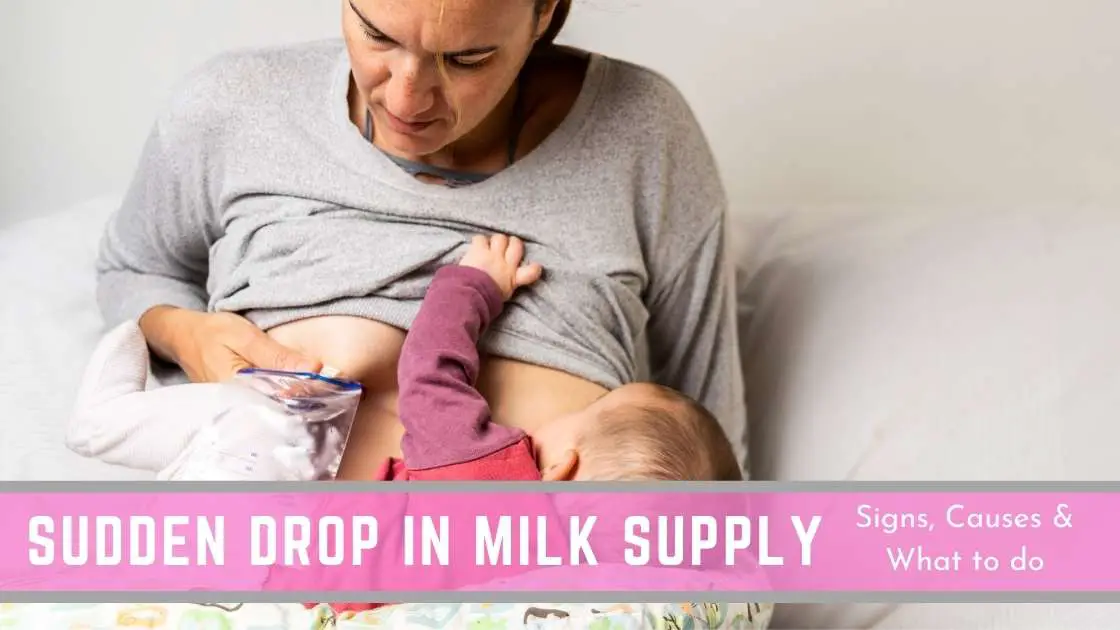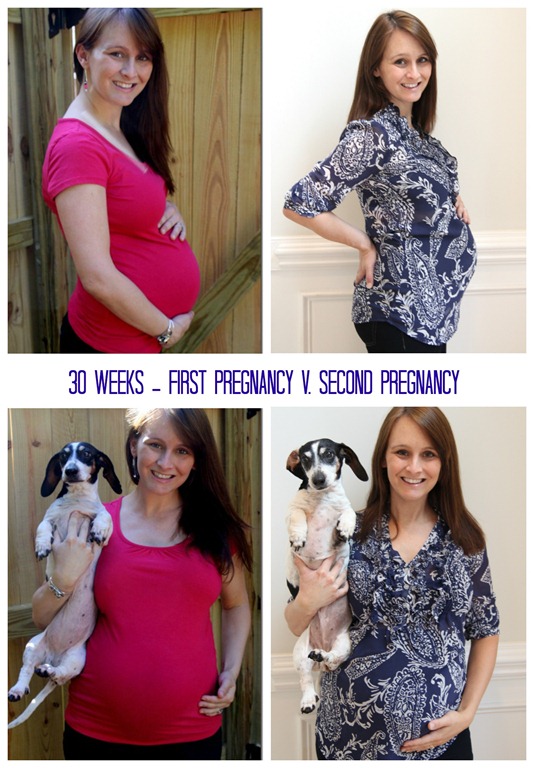

The majority of babies who test positive for COVID-19 have little or very minor signs. Understand the signs and symptoms of COVID-19 infection in infants Don’t forget ‘ SMS ’- Social distancing, Mask and Sanitisation all the time.

Step out only when it is essential and follow Covid appropriate behaviour. ‘ Stay home, stay safe’ is still the best preventive measure.
#PANIC MODE WHILE PREGNANT HOW TO#
How to prevent covid-19 in pregnant and lactating mothers They also provide pregnancy planning tips to women with mental health issues.ĪLSO READ | How to get back to normalcy after childbirth Specialist PMH programmes offer care and treatment for women with specific mental health needs, as well as support for the parent-child relationship. If left untreated, mental health problems can have serious and long-term consequences for the mother, her child and the rest of the family. Prevalence of these has been reported to increase with this pandemic with anxiety seen in nearly 50-60 percent and varying degrees of depression in about 30-35 percent.Ĭommon high risk factors for PPD are previous psychiatric illness, antenatal depression, stressful life events and lack of social support. Depressive symptoms are more common in postpartum mothers than before delivery and depending on the severity are categorised as postpartum blues, the most common but mild variety postpartum depression, and the most severe form, postpartum psychosis.

Anxiety and depression are the most common presentation of PMH and affect about 7 to 20 percent of perinatal women. This period in general is a more vulnerable phase. Find out when to seek help for anxiety in pregnancy.Perinatal mental health (PMH) issues are those that arise during pregnancy and in the first year of childbirth. CBT is a psychological treatment that has been shown to help reduce panic attacks or even prevent them altogether.įeeling worried or nervous every now and then is normal when you're expecting a baby. You may benefit from cognitive behavioural therapy (CBT) if you get panic attacks frequently. If you experience a panic attack, speak to your GP or midwife. If you're having trouble stopping, you can find support here. You should not be smoking or drinking any alcohol at all while you are pregnant. Apart from being bad for your baby, caffeine, alcohol and smoking can all make the problem worse. You should also steer clear of stimulants. In the longer term, a healthy diet and plenty of exercise may help you to avoid panic attacks. Everything is OK” until the feelings subside. Instead, try to accept that you're not in any real danger, and that the attack will be over soon. This may make you feel even more out of control. You may find this easier if you practise it when you're not having an attack. Imagine that you're in a peaceful, beautiful and calm place, surrounded by your loved ones. For example, you could look at a clock and pay attention to the minute hand ticking round, or you could listen to some soothing music.

It may be difficult, but try to focus all your attention on one thing.


 0 kommentar(er)
0 kommentar(er)
